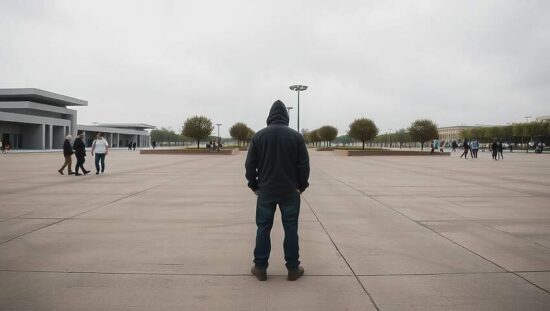The absence of Transport Minister Patrick Schnieder, currently recuperating after a circulatory collapse, continues to cast a shadow over German coalition politics and raises critical questions about the future of infrastructure funding. Schnieder, 57, remains out of the public eye, working from his home in the Eifel region and foregoing all scheduled appearances in both Berlin and on location, according to a spokesperson for the ministry. The timeline for his return remains uncertain.
Schnieder’s collapse during a coalition conference on September 20th followed what is believed to be a protracted cold, though the precise trigger remains under investigation. His absence is particularly significant as it prevents his direct participation in a crucial coalition committee meeting scheduled for Wednesday. He will be represented by State Secretary Christian Hirte, adding layers of complexity to already contentious discussions.
The committee’s agenda is complicated by the ongoing dispute surrounding a substantial funding request spearheaded by Schnieder. He had demanded an additional €15 billion (approximately $16.3 billion) to safeguard dozens of planned new construction projects for highways and federal roads, many of which are now threatened with cancellation. This request ignited a direct clash with Finance Minister Lars Klingbeil of the SPD, who formally rejected the proposal in a written communication.
The disagreement highlights a deepening fracture within the governing coalition regarding infrastructure priorities and budgetary constraints. Critics argue that Schnieder’s aggressive push for additional funds and the specific projects he prioritized, demonstrate a disregard for fiscal responsibility and a potential prioritization of politically favored regions over genuine need. Concerns are also being raised about the transparency of the project lists Schnieder presented and whether their urgency was accurately represented to the coalition.
While acknowledging the necessity of infrastructure investment, opposition parties have seized upon the situation to question the transparency and justification behind Schnieder’s demands and to scrutinize the coalition’s ability to govern effectively in the face of internal disagreements. The absence of the Transport Minister further complicates the process, potentially delaying crucial decisions and exacerbating tensions within the fragile coalition government.





